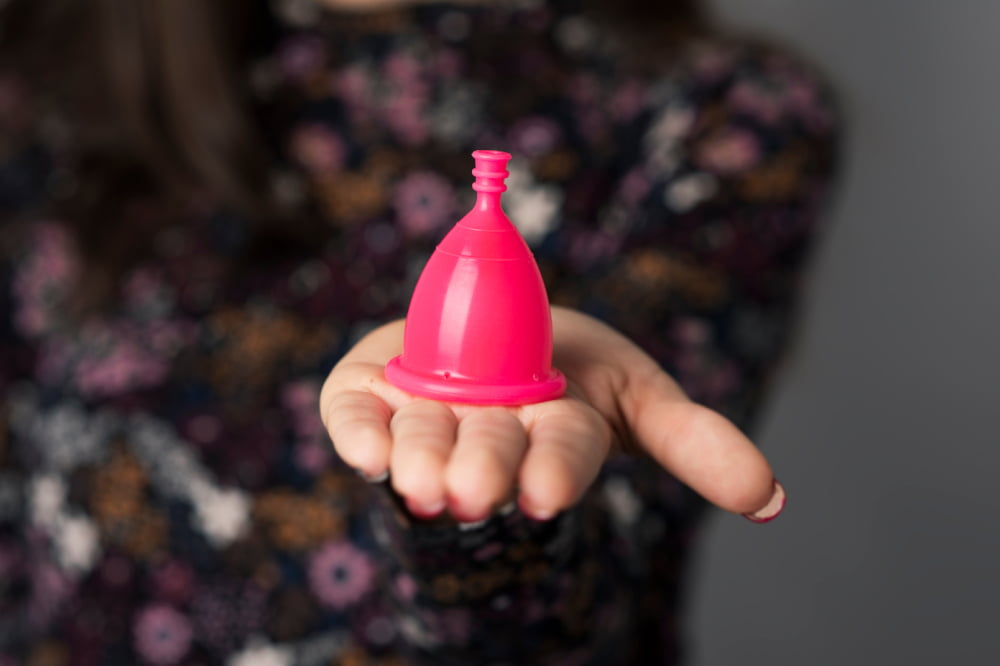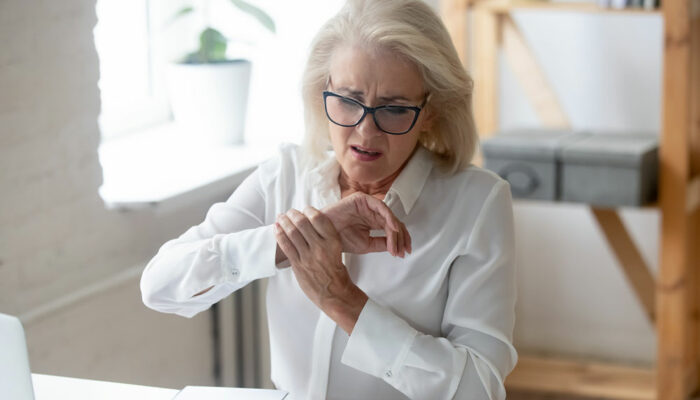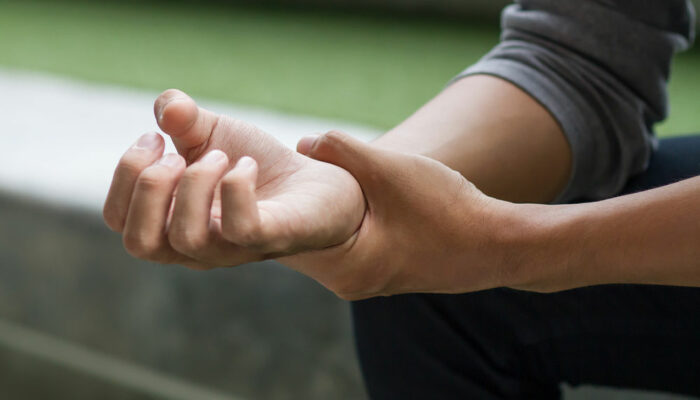6 common menstrual hygiene mistakes to avoid

Studies have shown that almost 80% of menstruating individuals experience period pain at some point in their lives. Cramps, discomfort, and mood swings are just some of the many other symptoms accompanying period pain. Managing period pain involves several effective home remedies and strategies that can help reduce cramping and discomfort. Moreover, maintaining adequate cleanliness and hygiene during this time is essential to prevent infections. Here are some menstrual hygiene mistakes one should avoid:
- Changing pads or tampons infrequently
Tampons and pads can cause bacteria to accumulate, triggering vaginal and urinary infections, causing rashes, and emitting unpleasant odors. Thus, if one has normal blood flow, changing one’s tampons or pads at least once every 3–4 hours is advisable. Individuals with heavier menstrual flow should change their pads or tampons more frequently. - Using soaps made of strong chemicals
While picking a soap, it helps to look for ingredients like salicylic acid, tea tree oil, sea salt, and oatmeal, which are milder on the skin and do not cause harm to intimate areas. Moreover, it is essential to ensure that the soap one is buying is non-comedogenic. - Failing to wash the genital area daily
When blood remains on the skin, it can become a breeding ground for bacteria. Thus, it is recommended to wash the genital area at least twice a day during periods. Moreover, gynecologists recommend washing the genital area from the front to the back. - Changing tampons or pads without washing hands
It is a common hygiene practice to wash hands after changing pads or tampons during periods. However, individuals should always wash their hands before changing tampons or pads to prevent bacteria from entering the vagina. - Using a female hygiene deodorant
Female hygiene deodorants, used during periods to reduce odor, can cause vaginitis, characterized by rashes, redness, and unusually heavy discharge from the vagina. Thus, contact of the vulva with such deodorants should be strictly avoided. - Disposing of sanitary products improperly
Hygienic disposal of tampons and pads is essential to prevent odor and curb the spread of bacteria. Thus, one should wrap used sanitary pads in sanitary bags or the wrapper of the new sanitary pad to be used while disposing of them. Used tampons may be wrapped in toilet paper.














